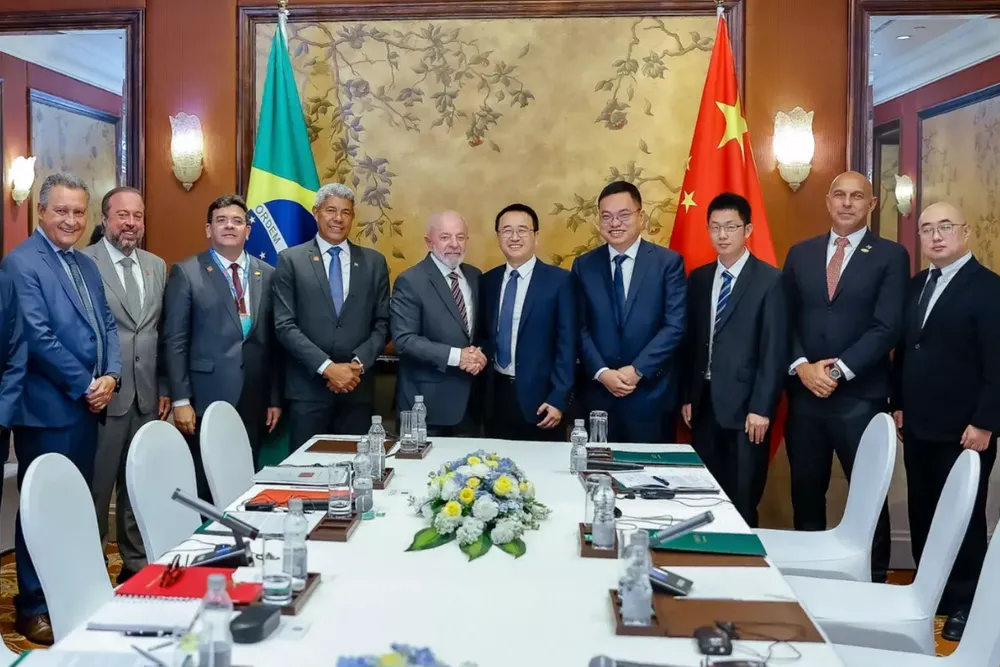Chinese wind power giant to open Brazil manufacturing base
Move would see Windey follow Chinese competitor Goldwind into Brazil, putting it in direct competition with Western players including market leader Vestas

During a state visit of Brazil’s President Luiz Inácio Lula da Silva to Beijing, a Chinese wind turbine-making giant has said it plans to build a manufacturing base in the South American country, as competition heats up in what is still an important market for some Western players.
Lula is visiting Beijing this week in a bid to deepen ties between two of the world’s largest economic powers, amid heightened global trade tensions following tariffs imposed by the Trump Administration in the US.
Deals are expected between Brazil and China across a range of industrial sectors, not least energy, with Lula meeting two Chinese wind turbine and clean tech powerhouses, Envision and Windey, on Monday.
In an announcement following its meeting, Windey said it plans to build wind power and energy storage manufacturing bases in the Brazilian states of Bahia and Piauí. It also plans to develop a research and development centre with SENAI CIMATEC, a Brazilian university based in the city of Salvador in Bahia.
Yu said that Brazil remains “one of the most significant markets for us to enter,” not just for wind but also for battery storage.
Other regions, often developing markets are often characterised by either Chinese dominance, due partly to the ability of its OEMs to offer turbines far cheaper than global competitors; or Western dominance in Europe, North America and other rich politically allied countries.
The nation added 3.3GW last year to reach a cumulative capacity of 33.7GW, according to the Global Wind Energy Council.
In its own announcement following its meeting with Lula, Envision said it would build what it claimed would be Latin America’s first zero-carbon industrial park in Brazil, with bio-jet fuel as the core. It also referenced providing advanced green hydrogen and ammonia equipment.
China and Brazil are both members of the BRICS economic alliance, made up of founding members Russia, India and South Africa.
In a statement on X, formerly Twitter, Lula wrote that it had been an “intense day of work” meeting Windey, Envision and other Chinese companies that will invest or are investing in Brazil in the areas of electric and hybrid car production, renewables, aviation fuel, technology, defense and public security.
In all of these cases, he said the companies are partnering with businesses in Brazil and promoting research, technology transfer and training of skilled workers. “These are projects that will strengthen Brazil's position as the world's leading reference in energy transition.”
(Copyright)